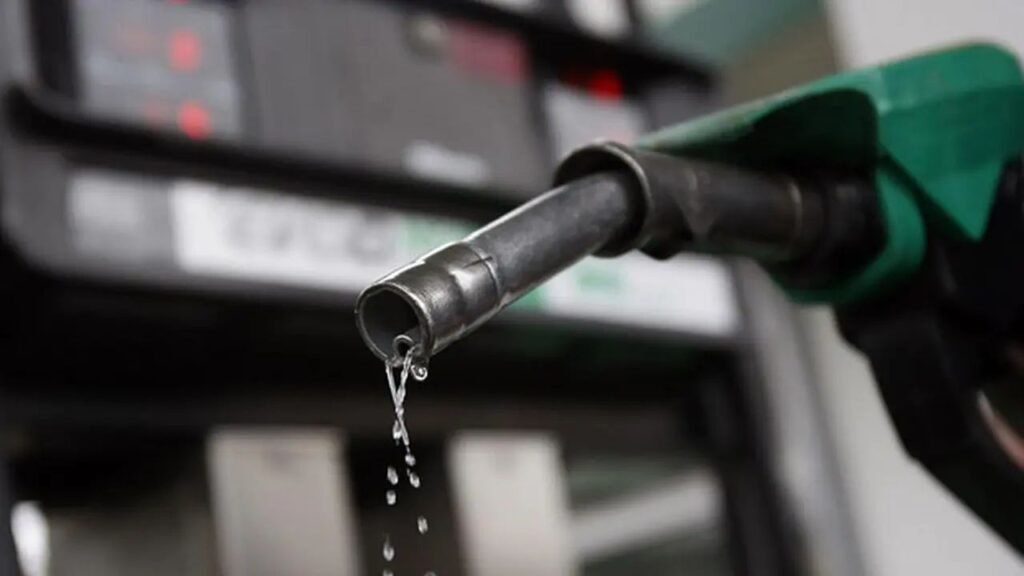As June 2025 approaches, South African motorists are once again bracing for an anticipated fuel price hike. The Department of Mineral Resources and Energy has indicated that another increase in petrol prices is imminent, marking what could be the fourth straight month of rising fuel costs. This trend continues to put pressure on household budgets and the broader economy as external and internal factors converge to drive prices upward.
Key Forces Behind the Predicted Price Hike
The anticipated increase in petrol prices is being driven by a mix of global and domestic developments. Internationally, the price of Brent crude oil remains high due to mounting demand and persistent supply issues, largely stemming from geopolitical conflicts in Eastern Europe and the Middle East. South Africa’s reliance on imported oil means that these global market disruptions have a direct impact on local fuel prices, making the country especially vulnerable to international fluctuations.
Currency Instability Adds to Rising Costs
Compounding the effect of high crude oil prices is the weakening of the South African rand. In recent weeks, the rand has shown significant volatility against the US dollar, particularly through the latter part of April and into early May. Since fuel imports are priced in dollars, a weaker rand increases the cost of bringing fuel into the country. This currency depreciation, paired with expensive oil, has created a perfect storm for yet another hike in local petrol prices.
Projections for Petrol and Diesel Prices in June
Although the Central Energy Fund will confirm final fuel prices in early June, preliminary projections offer a glimpse into what motorists might expect. For June 2025, an increase ranging from 85 to 110 cents per litre is anticipated for both 93 and 95 petrol grades. Diesel, while also projected to rise, may see a smaller increase due to recent changes in international refined fuel prices. Petrol 93 may increase from R23.50 to approximately R24.40 per litre, while Petrol 95 could jump from R24.20 to around R25.25 per litre. Diesel prices are forecasted to climb from R22.80 to about R23.40 per litre.
The Broader Economic Impact of Price Hikes

As petrol prices climb, the ripple effects are felt across the economy. Transport companies and logistics providers are expected to face higher operational costs, which could lead to increased prices for goods and services. This would, in turn, put further pressure on consumers, especially as food and household goods become more expensive due to elevated delivery costs. Working-class individuals who rely on daily commuting may also need to adjust their travel budgets significantly.
Challenges for Small Enterprises and Independent Operators
Small businesses, especially those reliant on transportation, are expected to bear the brunt of the hike. Delivery services, maintenance firms, and mobile vendors could face increased fuel expenditures, forcing many to raise service fees or absorb financial losses. These rising costs may prompt business owners to limit service areas or reduce vehicle usage, potentially affecting customer satisfaction and revenue.
Limited Government Intervention and Long-Term Strategies
Although the government is aware of the ongoing issue, its capacity to intervene is restricted by budget constraints and structural dependencies such as fuel levies. While there have been public calls to re-evaluate the fuel pricing structure and implement temporary support measures, no official plans have been unveiled. With fiscal reviews underway following the recent elections, significant policy changes appear unlikely in the short term.
Calls for Reform and Sustainable Energy Alternatives
Industry professionals continue to emphasize the need for strategic reform. Suggestions include revising the current fuel pricing model and investing in renewable energy sources and domestic fuel refining capacity. Experts argue that such long-term solutions could shield the economy from future shocks and promote energy security. Until such measures are enacted, South African consumers can expect fuel price volatility to remain a persistent issue.
Preparing for the June Fuel Adjustment
With a price announcement expected in the first week of June, South Africans should prepare for costlier petrol and diesel. Budgeting for transportation and related expenses will become even more critical for households and businesses alike. While no immediate relief is in sight, awareness and preparation can help mitigate the impact of yet another challenging month at the pump.

